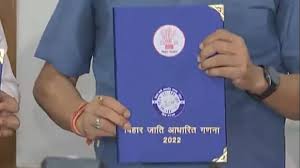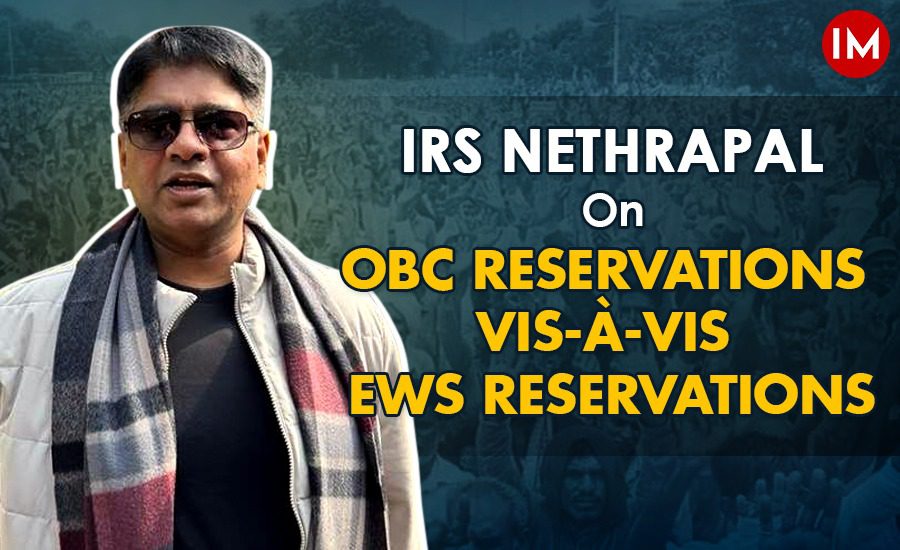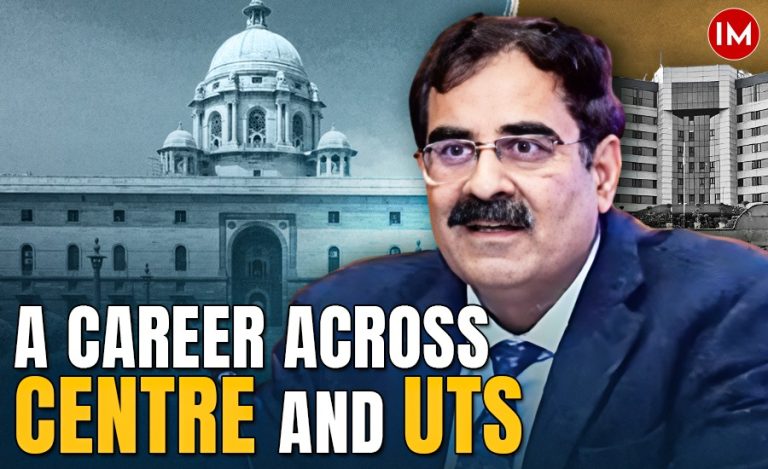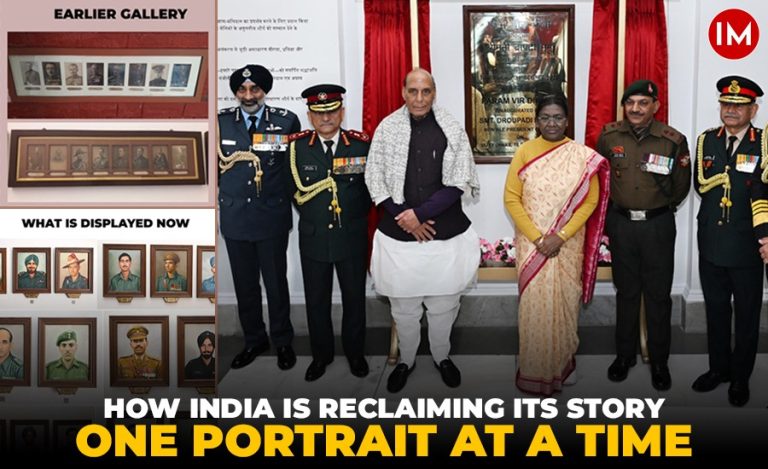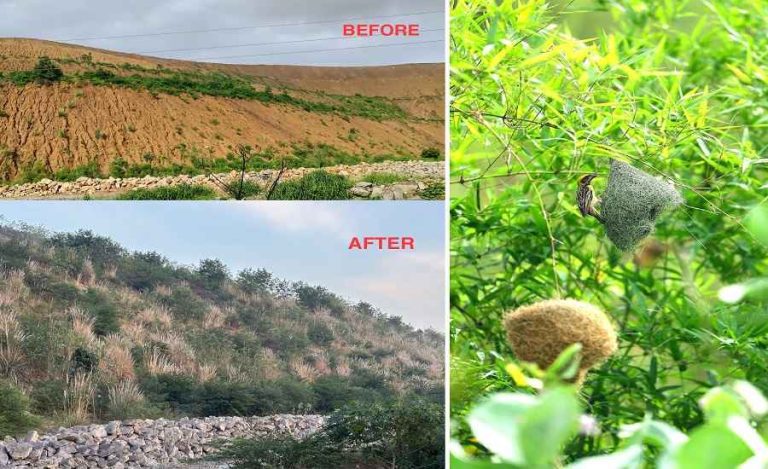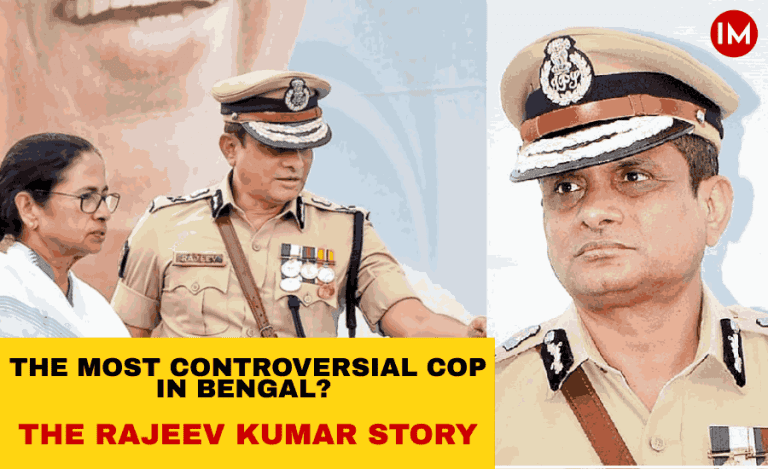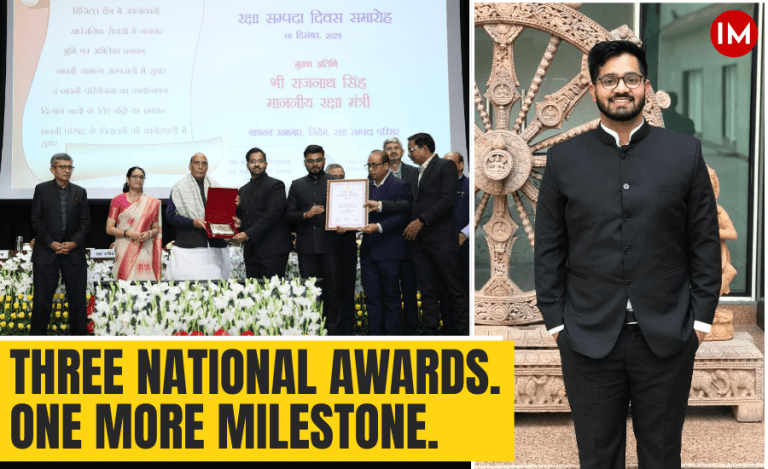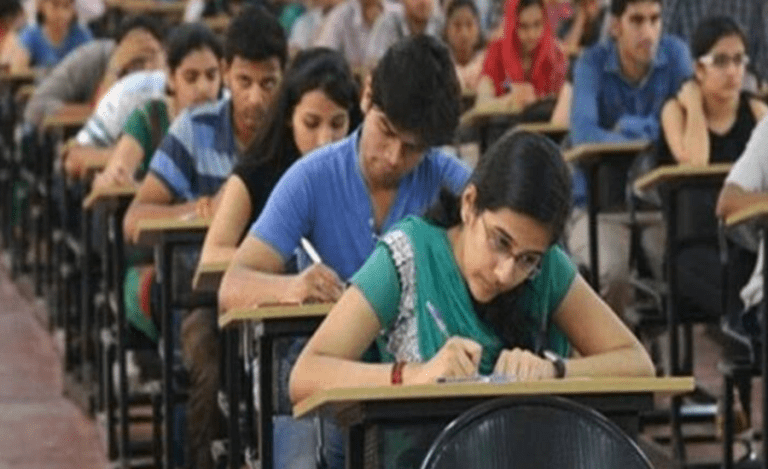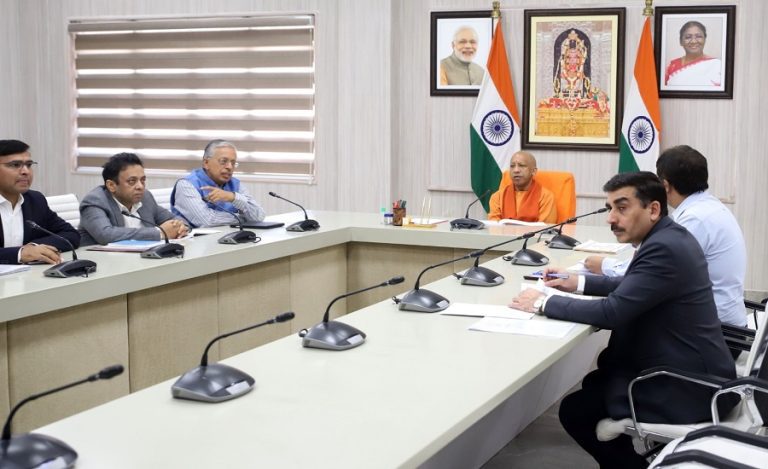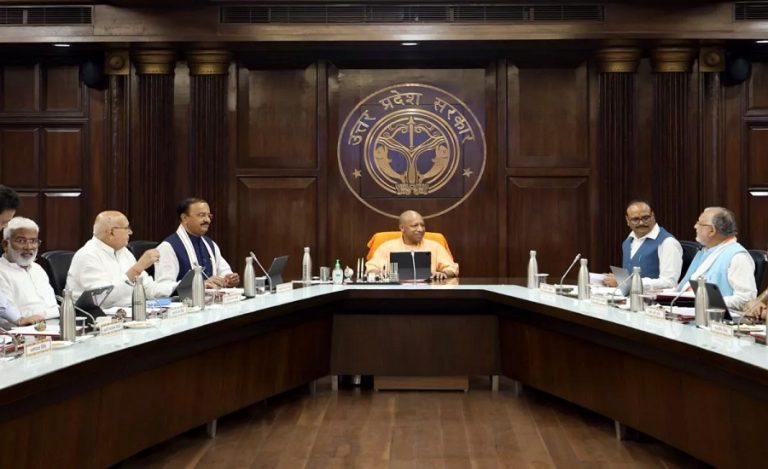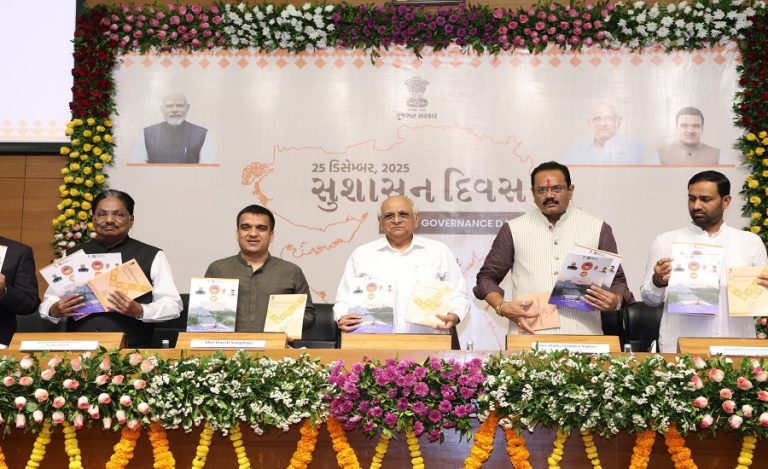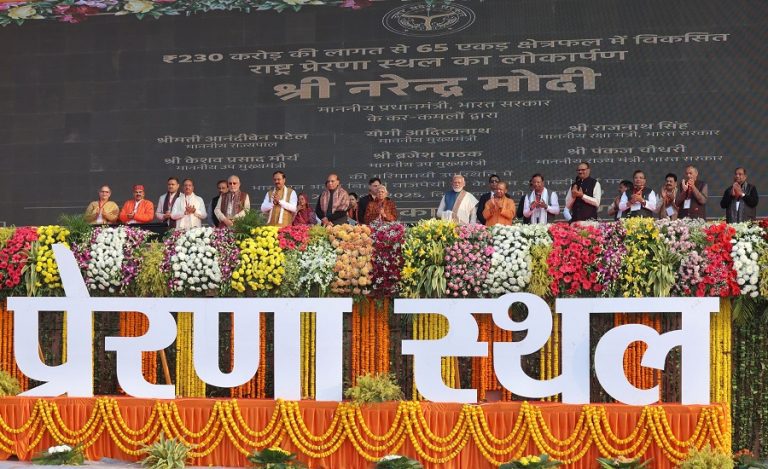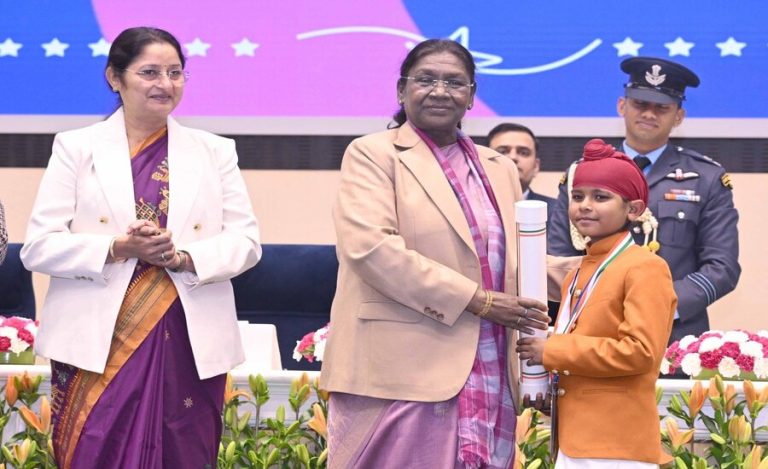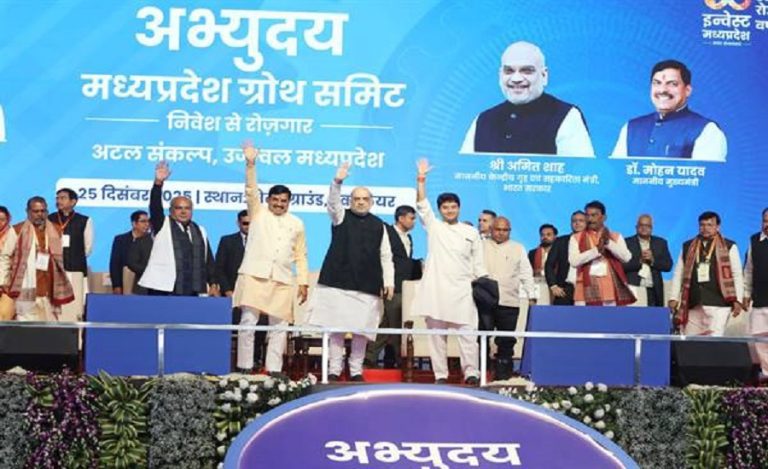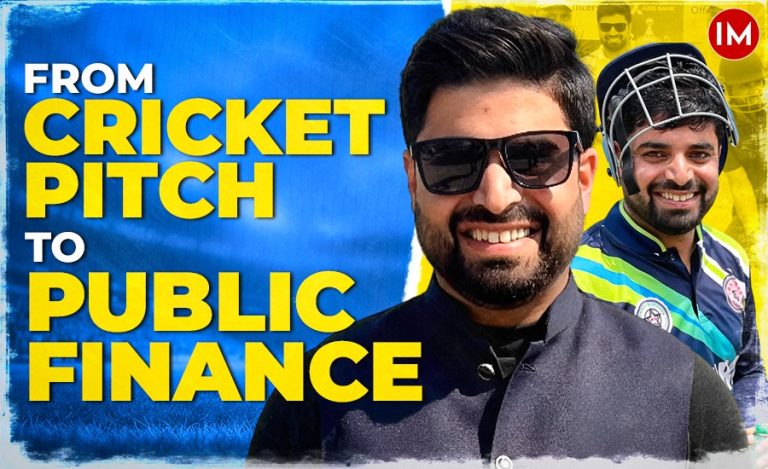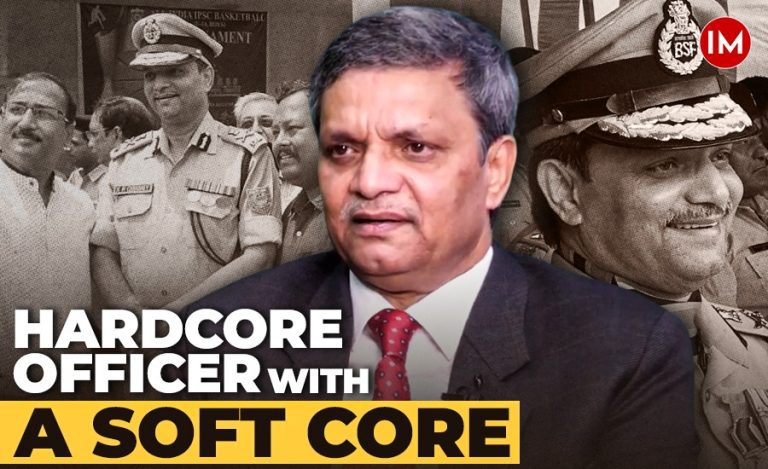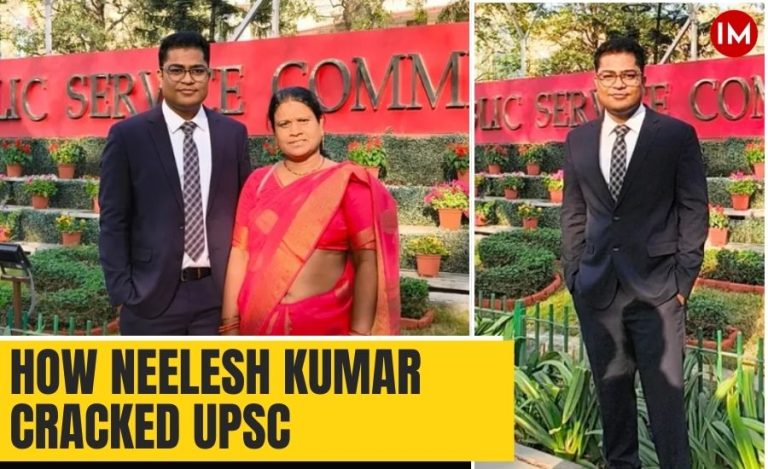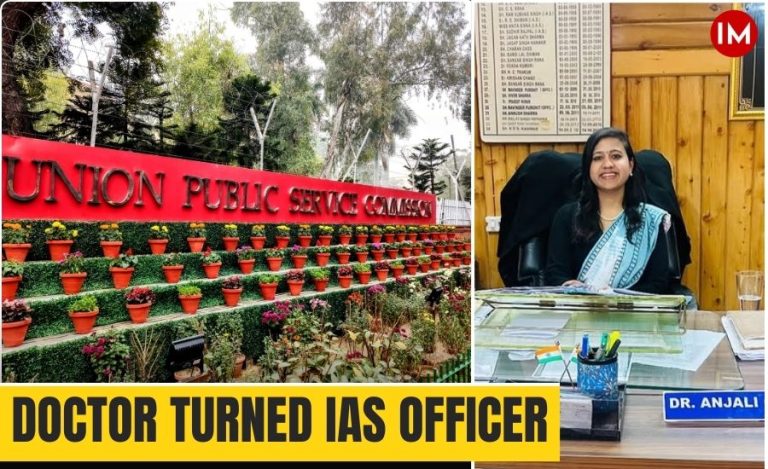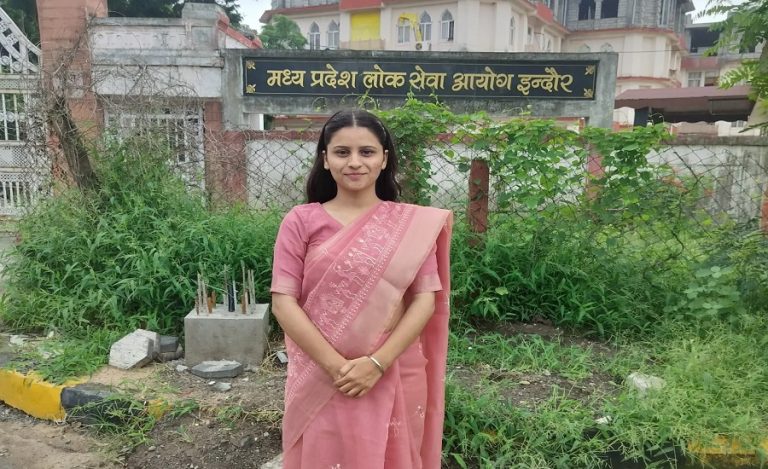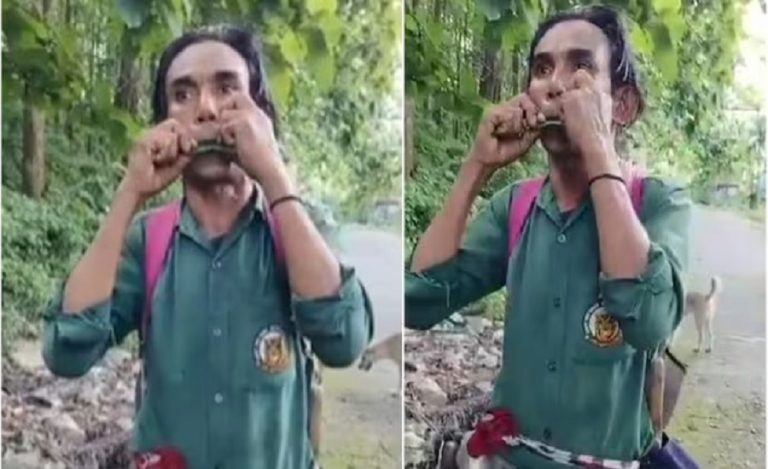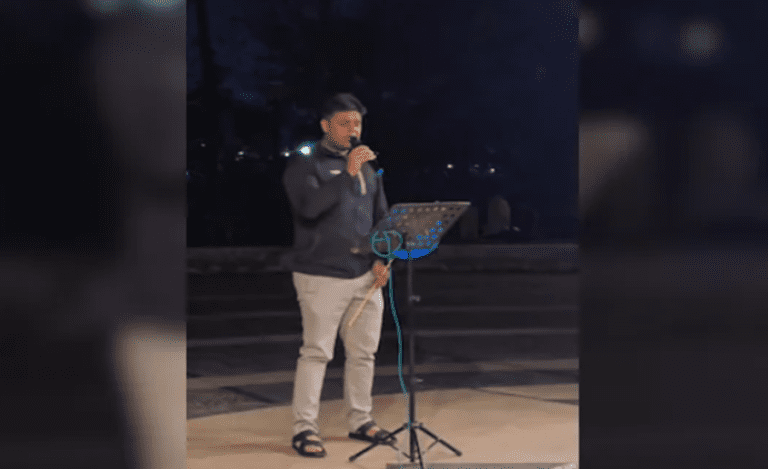While discharging his official work diligently, Indian Revenue Service officer M S Nethrapal also manages to research on education and merit, gathering data to counter arguments and myths around reservations.
The 2006-batch IRS officer, who graduated from IIT Madras and completed a PGDM from IIM Bangalore, is the recipient of Finance Minister Award 2022. He has a strong online presence and his well-research posts on social media get much discussed about, and also create controversies.
In this exclusive interview to Indian Masterminds, IRS Nethrapal addresses some pertinent questions on OBC reservations.
Q.- You have been an advocate of SC/ST reservations. But, of late you have been writing on social media on OBCs quota. Why this sudden shift?
Ans. – I have written many articles/posts on OBC reservation earlier too. A prevalent fallacy is that backward classes are a brainchild of Shri V.P. Singh and it was only a political move to offer reservations to Other Backward classes (OBCs). To clear up any confusion about OBC reservations, I tweeted a number of crucial questions and answers to them. It has received a good response. Here is the link to the source:
Who are the OBCs is discussed in the Indra Sawney judgment?
— Nethrapal (@nethrapal) January 1, 2024
EWS is okay, but OBCs are not…
Wah, socially and educationally backward classes should not get reservations, but EWS reservation should be implemented?
Ten questions please answer
[1] Where is the data to prove that… https://t.co/cBPDWAhl8z
Q. – It seems from your posts that you are not in favour of economic basis being the criterion for reservations. Why so?
Ans- One school of thought holds that economic basis should determine backwardness, and that EWS reservations are preferable to OBC reservations. The key criterion for enumerating OBCs were social backwardness and educational backwardness. Eliminating the long-standing social backwardness criterion – the primary rationale for instituting OBC reservation – and substituting an economic criterion would be tantamount to burying the previous criterion. We need to look at the greater fight over nearly 110 years that has enabled the implementation of OBC reservations.
Q. – 110 years! Didn’t it start only from V. P. Singh regime. Can you elaborate on this?
Ans- Certainly!! The first historical records of reservations date back to 1880’s. Education was largely restricted to the Brahmin and other upper-caste individuals, according to a statement made by Jyotirao Phule in 1882 before the Hunter Education Commission. He stated that there is a virtual monopoly of all the higher offices by Brahmins. Separate schools for the poor and downtrodden and universal elementary education were demands that Phule first made in 1882. His words were among the first to suggest that the state should uphold ideals of equality and inclusion for all its citizens.

Q. – When was the first legal measures introduced for reservations?
Ans- The initial legal measures were implemented by the Madras Government with the creation of the Grant in Aid Act in 1885. This code aimed to govern the supply of financial assistance to educational institutions and offer specific benefits to students from marginalised communities. Also, around the same time, in Travancore state also, there were demands for reservations for backward classes.
Q. – Can you elaborate on how this backward class movement started in Travancore (present day Kerala)?
Ans- In Travancore state, the Malyali speaking Nairs expressed dissatisfaction towards the non-native Brahmins. On January 1, 1891, a document called the Malyali Memorial was presented to the Maharaja of the Travancore. This document, signed by over 10,000 individuals, expressed concerns and requests. The members of Travancore Ezhava Sabha collectively presented an identical written statement on 3 September, 1896. These demands were among the first to be officially recorded for reservations for backward classes.
Q.- We often hear about Shahu Maharaj, who helped Baba Saheb Ambedkar pursue his education. Did he have a role in backward class reservations too?
Ans- Yes, he had a very important role. The 26 of July 1902 saw the introduction of reservations for the backward classes by Rajashri Shahu of Kohlapur state. Half of the available positions would be filled by members of historically oppressed groups, marking what is likely the first case of legally mandated quota-based reservations in the whole nation. All castes were regarded as backward except the Brahmins, Shenivs, Prabhu, and Parsis. In 1894, he discovered that there were 67 Brahmins out of 71 posts, or 94.37%. By the end of his tenure in 1922, the percentage of backward classes had increased from 5.63% in 1894 to 62.11%. Ambedkar also received assistance from Shahu.

Q.- What about the Miller’s Committee Report in Mysore?
Ans- Yes, Miller’s Committee Report was a landmark report for the fact that it introduced the words “adequate representation” in the reservation policy. In 1918, the Maharaja of Mysore appointed a committee under the chairman ship of Mr. L.C. Miller, the then Chief Justice of Mysore, to recommend steps for adequate representations for Non-Brahmins in the services of the state. Based on Miller Committee Report, the Government of Mysore issued orders in 1921 extending special facilities to backward communities with regard to education and recruitment in state services.
Q.- Was there anything similar happening in Bombay (now Mumbai)?
Ans- In 1928, the Government of Bombay set up a committee under the chairmanship of Mr. O.H.B Starte, to identify backward classes. In its report submitted in 1930, the committee classified backward classes into three categories i.e depressed classes, aboriginal and hill tribes, and other backward classes. This committee recommended the provision of special facilities regarding the education and recruitment for the above three categories of backward classes.
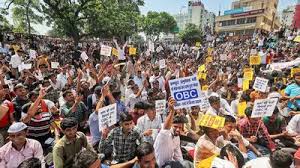
Q.- The Dravidian movement is said to have originated in Madras Presidency. What was the role of anti-caste movement in Madras Presidency?
Ans- Under the provisions of Montagu-Chelmsford reforms (Government of India Act,1919), provincial elections were held in provinces of British India. In the Madras State, the Justice Party won most seats and formed government. Justice Party’s ideology chiefly revolved around Tamil-Pride and Anti-Brahminism. The Madras State Government passed Government Order Number 613, issued on 16 September, 1921, which provided for reservation to various communities.
This G.O. no. 613 reads as – “In order to increase the proportion of posts in Government offices held by Non-Brahmins, the Government direct that the principle prescribed for the Revenue Department in Board’s Standing Order No 128 (2), on the subject of the distribution of the appointments among various castes and communities, should be extended to appointments of all grades in the several departments of the Government.”
On similar lines, a second G.O. no 658 was passed by Madras Government on 15 August, 1922 and then a third G.O was issued on 1927 widening the representation of backward classes. At the end of it, out of every 12 seats, five seats were reserved for Non-Brahmin Hindus (42%), two seats for Brahmins (17%), two seats for Muslims (17%), two seats for Anglo Indians and Christian (17%) and one seat for others including the depressed classes (7%). It is also to be noted that this continued till 1947, and in 1947, there was yet another communal G.O which separated backward classes purely based on educational
backwardness.
Q.- Caste census has been a very controversial political issue. Were there any earlier enumerations for backward classes in British census. Can you shed some light on this?
Ans- As early as the 1901 caste census, backward classes were recognized and enumerated under the category of Shudras in the caste census. The perusal of these documents clearly shows that the enumeration was based on social backwardness. It is a fact that enumeration based on social backwardness of OBCs was undertaken as early as 1901 and there is no dispute on who is a Shudra and who is not a Shudra.
Post Independence, the Constituent Assembly completed its work on 24 January, 1950 and introduced sub-clauses of Article 15 and 16 wherein special provisions for advancement of the scheduled castes, scheduled tribes and socially educationally backward class of citizens were introduced. There were many backward commissions which had enumerated and also looked into the classification of OBCs post-Independence.
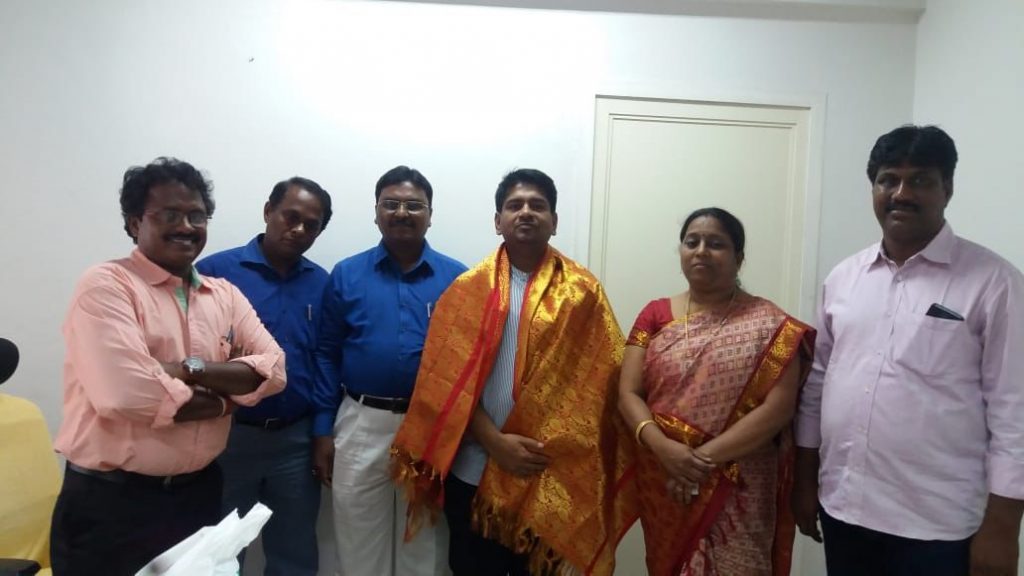
Q.- What was the basis of the backward class classification post Independence by these commissions?
Ans- The First Backward Classes Commission (Kaka Kalekar Commission) was set up by a Presidential order under Article 340 of the Constitution of India on January 29, 1953 and it submitted its report on March 30, 1955. In this, the commission formulated four criteria which are enumerated below:
(i) Low social position in the traditional caste hierarchy of Hindu society
(ii) Lack of general educational advancement among the major section of a caste or community
(iii) Inadequate or no representation in government
(iv) Inadequate or no representation in the field of trade, commerce and industry
Based on the above, it enumerated 2399 backward castes and also classified 837 of them as most backward. However, this report was not implemented because of differences on whether reservations should be based on economic tests or go by caste. However, the economic criteria were left out of the definition since the word used were “socially and educationally backward classes” as a reference to OBCs. The argument was that by substitution of caste by economic tests, it will amount to ignoring the genesis of social backwardness in the Indian society.
Q.- Were there any commissions and committees enumerating OBCs before the Mandal Commission Report?
Ans- Yes of course!! More than 10 state governments had set up 15 commissions and committees and notified lists of Other Backward Classes much before the publication of the Mandal Commission Report. Most of these states relied on the list of OBCs maintained by them for the grant of post-Matric scholarships etc., under the Education ministry’s scheme formulated in 1944 and another list prepared by the Commissioner for Scheduled Castes and Scheduled Tribes at the time of drafting the First Five-Year Plan.

Q.- So, when was the OBC reservations, which started in 1882, introduced in India?
Ans- After a big lull, only in 1979, the Mandal Commission, officially known as the Socially and Educationally Backward Classes (SEBC) Commission, was formed to investigate the conditions of OBCs. In a detailed two volume report, the Mandal Commission recommended 27% reservation for OBCs in 1980s. However, this was introduced in Parliament by the V. P. Singh government in 1990.
But, it did not stop there, and the matter travelled to Supreme Court. Only on 16 November, 1992, in the famous Indra Sawney Judgement, the constitutional legitimacy of OBC reservations were upheld. So, from 1882 to 1992, it took almost 110 years to bring in OBC reservations. It should be noted that OBC do not have political reservations, and only in 2022, OBC reservations in Post Graduate medical admissions were allowed. There are still many areas where OBC reservations are not applicable.
Q.- Well, from what we can gather, according to you, OBC reservations should not be compared with EWS reservations?
Ans- Yes, definitely. Let us look at how many years it took to introduce EWS reservations. Major Sinho Commission of 2006 studied the economic backwardness among the general category. Remember, these studies have documented nothing on social and educational backwardness of the communities. The Major Sinho Commission report submitted on 22 July, 2010 recommended that the limit for taxable income should be used to determine whether a candidate is economically backward. It said that affirmative action other than reservations should be thought of, such as education and skill-building, and improvement in health and sanitation. However, in 2019, the government introduced 10% reservations for Economically Backward Sections (EWS) in higher education and public employment through the Constitution of India (One Hundred and Third Amendment) Act, 2019. The EWS reservation was upheld in spilt verdict (3:2) on November 7, 2022 upholding the EWS reservations.
So, from 2010 to 2022, it took just 12 years to introduce EWS reservations compared to 110 years for introducing OBC reservations. There are various census documents enumerating backward classes, but there is no such enumeration till date for the EWS. It is in this background that the OBC reservations whose fulcrum is more tilted towards social backwardness should not be compared with EWS reservation. OBC reservations have a legacy of historical fights as early as 1882, and no such history can be attributed to EWS reservation.
